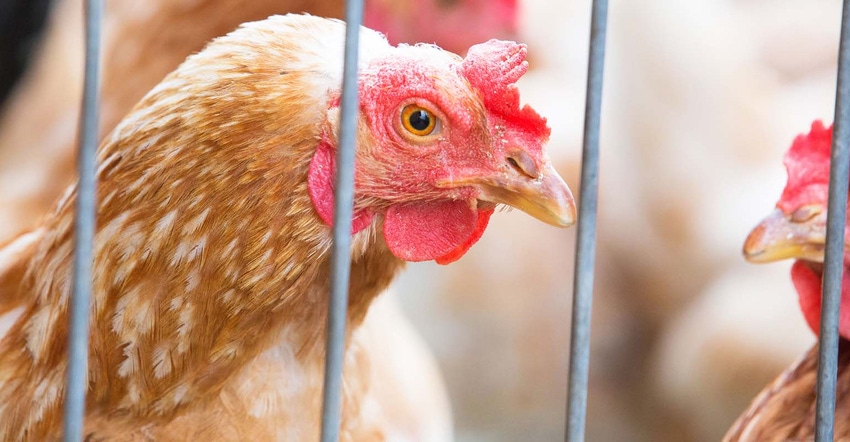
State Attorneys General Curtis Hill, IN, Josh Hawley, MO, Leslie Rutledge, AK, Wayne Stenehjem ND, Sean Reyes UT, and many others have filed Bills of Complaint against California and Massachusetts in the United States Supreme Court in an effort to defend agriculture. (What a Christmas present!)
Purdue University, through Jayson Lusk, delivers a large Christmas present for all engaged in animal agriculture. Dr. Lusk and a colleague, Dr. Conner Mullally, published a paper on September 13, 2017. Lusk relies on this peer-reviewed report to help animal agriculture in the U.S. Supreme Court.
The affidavit filed by Dr. Lusk is based on a report entitled The Impact of Farm Animal Housing Restrictions on Egg Prices, Consumer Welfare, and Production in California. It explains what happened in California as a result of its enactment of Proposition 2. It declared “…that as a result of passing the law, farm animals would have sufficient room for lying down, standing up, and fully extending their limbs; and turning around freely.”
Impact on flocks, egg prices
Lusk reviews his previous research of the California law on egg production, costs, and the impact on consumer prices for eggs. His research demonstrates California’s Animal Welfare Law created significant impacts on farmers because they reduced the size of their flocks enormously. In his affidavit, Lusk declares “[i]n the thirty-four months covered by our forecasts, the number of egg-laying hens in California was reduced by an average of 4.4 million birds each month relative to what would have been observed in the absence of the [California] AW laws.”
The explanation is due to higher production costs because farmers determined the increased costs would not be offset by increasing prices to consumers i.e. consumers will not pay higher prices for cage free eggs! Therefore, the only way to bring costs into line for the consumer was an enormous cutting of flocks by approximately 26% each month.
Apparently farmers in California started reducing expenditures on building new facilities almost immediately after passage of the California law. Lusk claims “Twenty months after the implementation of the [California] AW laws, the number of egg-laying hens and total egg production in California had each fallen by about 35% because of the policy.”
Another interesting fact in Dr. Lusk’s affidavit to the U.S. Supreme Court is that “…the average price paid per dozen eggs was about 22%higher from December 2014 through September 2016 than it would have been in the absence of the hen housing restrictions.”
The blockbuster in this affidavit is “ultimately, our results suggest that because of the policy change, California consumers can expect to experience annual…[price increases] of at least $25 million in future years from higher retail egg prices alone.”
More state regs
Five other states – Massachusetts, Michigan, Ohio, Oregon and Washington – have also passed laws which would tell the farmer how to produce eggs and require a minimum space per hen. It should also be noted the Humane Society for the United States (HSUS) and the United Egg Producers (UEP) have lobbied Congress to pass a national statute requiring minimum spaces for hens. These efforts were an attempt to copy European Union laws which banned battery cages in 2012.
Consumer giants such as Walmart, McDonald’s, Sodexo, and Panera Bread have made announcements encouraging egg producers to adopt standards similar to those imposed by California. None of these institutions, I suspect, have the benefit of Dr. Lusk’s empirical evidence when attempting to comply with HSUS’s goals.
The Purdue affidavit addresses the referendum passed by Massachusetts which also calls for preventing farm “animal cruelty”. Because Dr. Lusk has not had time to undertake an in-depth economic study on the Massachusetts law, he opines based on the California data that production costs will increase for farmers in Massachusetts, consumers will be charged higher prices for meat and eggs, and there will be a decreased supply of eggs and increased retail prices for eggs in Massachusetts as it has been in California.
Lusk and Purdue University have produced a wonderful Christmas present for America’s farmers. California and Massachusetts deserve only lumps of coal for their untiring efforts to harm agriculture and the American consumer.
The opinions of the author are not necessarily those of Farm Futures or Farm Progress.
About the Author(s)
You May Also Like




